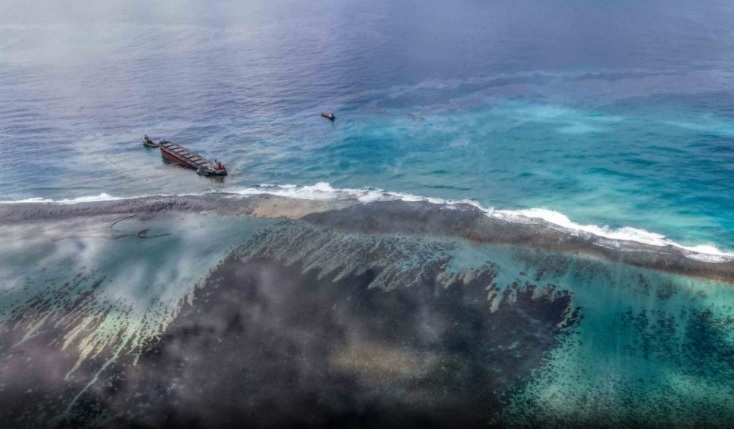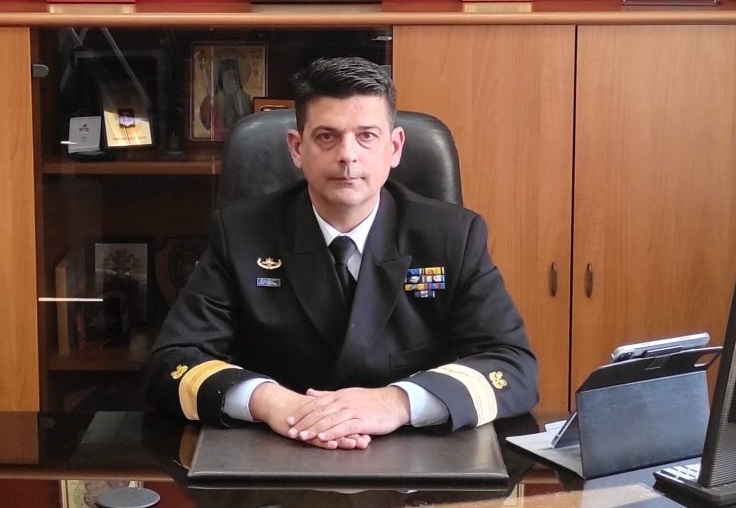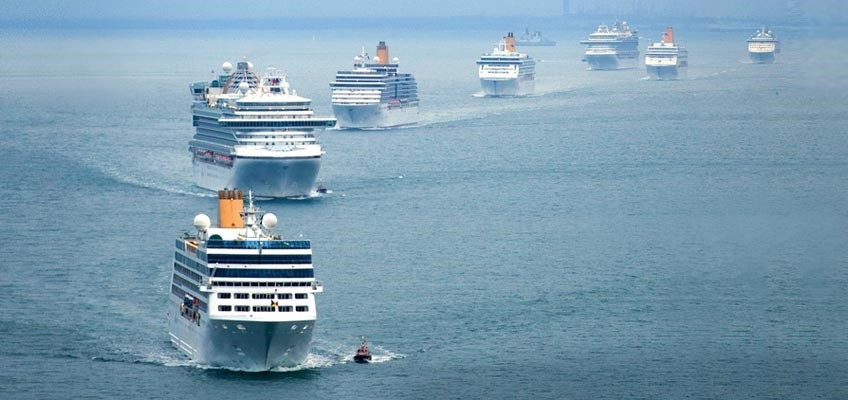Crews are racing to contain an oil spill that dumped black sludge into the pristine turquoise waters off the Indian Ocean island of Mauritius, killing eels, starfish and other sea life.
The Japanese ship MV Wakashio hit a coral reef along the island's southeastern coast on July 25. High winds and waves pounded the ship, causing it to crack and spew at least 1,000 tons of oil into the surrounding ocean.
“We are starting to see dead fish. We are starting to see animals like crabs covered in oil, we are starting to see seabirds covered in oil, including some which could not be rescued,” Vikash Tatayah, conservation director at Mauritius Wildlife Foundation, told Reuters.
Work is underway to remove hundreds more tons of oil that remain on the ship before the vessel completely breaks apart.
“We are expecting the worst,” Mauritian Wildlife Foundation manager Jean Hugues Gardenne said Monday, according to the Associated Press.
“The ship is showing really big, big cracks. We believe it will break into two at any time, at the maximum within two days. So much oil remains in the ship, so the disaster could become much worse. It's important to remove as much oil as possible. Helicopters are taking out the fuel little by little, ton by ton.”
About 1,000 of the 1,500 or so tons of oil that remained on the ship had been removed as of Tuesday afternoon.
Volunteers have been helping clean up the shoreline and waters, using buckets to scoop the sludge out of the water and cleaning it off of beaches, rocks and mangrove trees. They also built makeshift booms from fabric tubes filled with sugar cane leaves and straw, the AP reported.
Mauritius, located about 1,400 miles east of Mozambique, is known for its reefs, atolls and crystal-clear waters.
Local residents lashed out at the government for not being more proactive before the ship cracked and started leaking.
“I am so sad," Fezal Noordaully, a taxi driver who lives in one of the worst-hit coastal villages, told the Guardian. "I’ve lived here all my life. This is a catastrophe for the region and I don’t think the sea will recover soon. ... The authorities did nothing for days. Now they are but it’s too late. I am angry.”
Source: weather.com


















